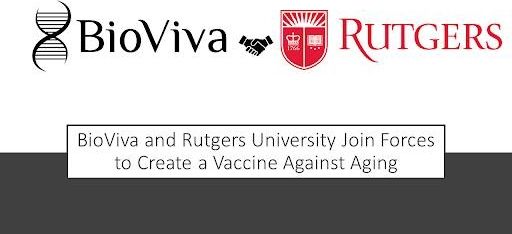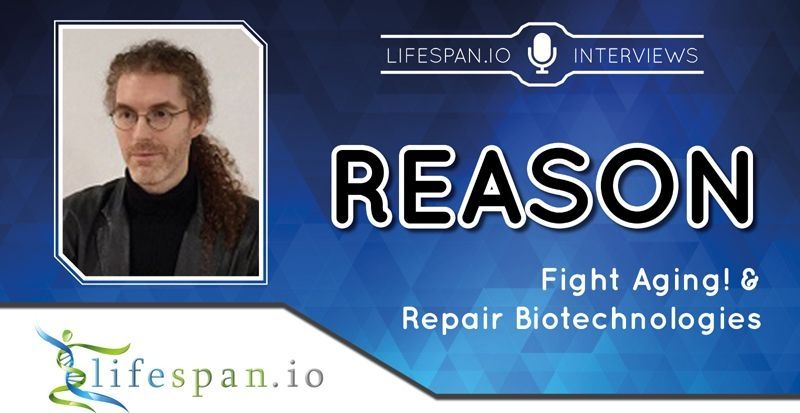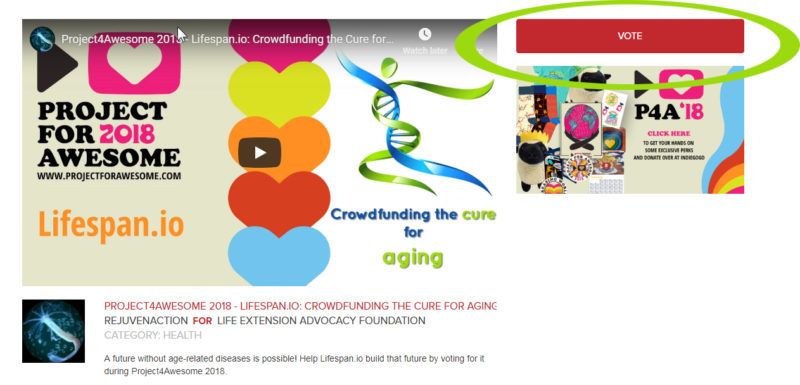Today, we want to discuss this review published in the journal Science, as it provides a whistle-stop tour of caloric restriction, intermittent fasting, and time-restricted feeding.
There is a considerable amount of data supporting the effects of caloric restriction and similar dietary approaches on both health and lifespan in multiple species. In general, the more simple the organism, the greater the observed effect tends to be, although the effect is less so in longer-lived organisms. For example, caloric restriction has a significant effect on mouse lifespan, but it appears to do little, if anything, to the lifespan of humans.
Why is this? One explanation could be that, as humans, we have already evolved efficient repair systems that more thoroughly address the damages of aging than the repair systems of mice and other short-lived species. In other words, there is little improvement to be made to human repair systems compared to those of mice.
Read more









